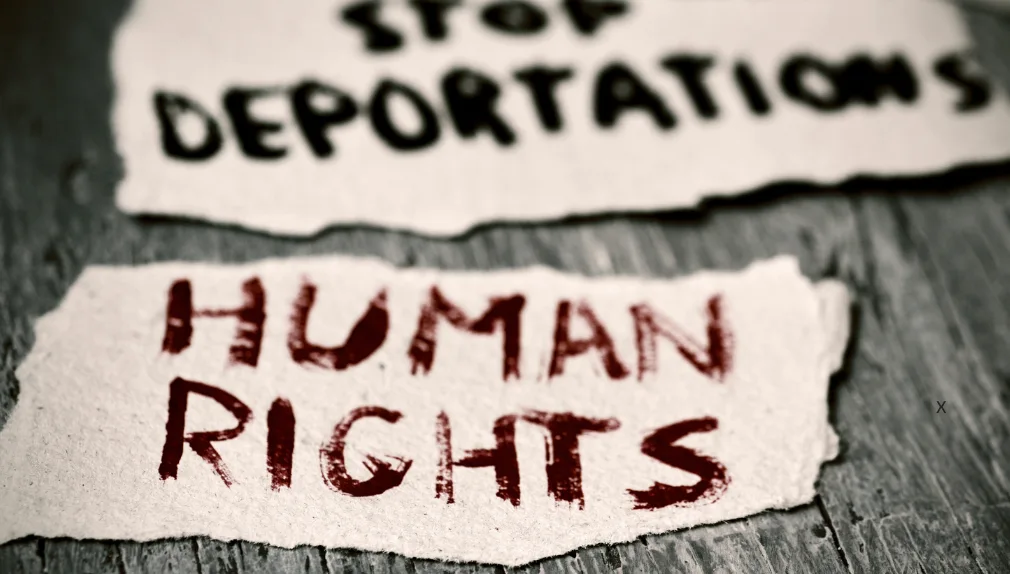In a deportation defense case, everything changes fast. One day, life feels normal. The next, someone gets a letter from the government telling them they must appear in immigration court. That letter is called a Notice to Appear. It’s not just a piece of paper. It’s a warning. It means the government wants to remove the person from the country. That’s where the battle begins. Think of it like a trial during wartime. The stakes are high. Families get separated. Jobs are lost. The person in question has to prove why they should be allowed to stay. They don’t get a jury. Instead, an immigration judge makes the final decision. And every word said in court matters.
Hearing the Charges in Immigration Court
At the first hearing, called the master calendar hearing, the judge reads the charges. The person can admit or deny them. If they deny the charges, the government must prove them. If they admit, the case moves faster. After that, the judge asks what kind of relief the person wants. Relief means the legal reason they might be allowed to stay. It can be asylum, cancellation of removal, adjustment of status, or something else. The person and their lawyer must prepare strong evidence. They also have to submit documents before deadlines. Missing even one deadline can end the case.
The Individual Hearing and Evidence
The most important part of the case is the individual hearing. This is where everything comes to light. The person tells their story. Witnesses may come forward. Documents get reviewed. The judge listens. The government’s lawyer argues for removal. The defense lawyer argues to stay. It’s like a spotlight is on every word, every paper, every truth. Some people have lived in the U.S. for decades. Others have children who are U.S. citizens. Some fear going back to a country that no longer feels like home. In these moments, the courtroom becomes a place of emotion and facts. The judge weighs both. Sometimes it feels like standing before a wall, trying to push it down with only your hands.
Possible Outcomes and Appeals
At the end of the hearing, the judge decides. They can approve the request for relief or order deportation. If the judge says no, the person may still appeal. They have 30 days to file with the Board of Immigration Appeals. This step is like asking a higher court to look again. The appeal does not come with another hearing. It is done by reviewing the record. The person may be able to stay while waiting for the appeal to finish. Some cases go even further, reaching the federal court. But each step takes time and patience.
Final Thoughts on Facing Deportation
A deportation defense case is not just legal paperwork. It’s a fight for a life already built. It’s about memories, relationships, and a sense of belonging. Like those who stood in front of Ellis Island with hope in their eyes, many just want a chance to stay. These cases test courage and clarity. Having the right defense can make all the difference. Judges look at the law, but they also look at the person. That’s why telling the truth, staying organized, and getting strong legal help is so important.
Deportation defense is never easy. But no one should face it alone. Every case has a story worth telling and a chance worth fighting for. Call (713) 766-6720 or visit Zavala Immigration Lawyer to get the help needed to navigate a deportation defense case. The right guidance can lead to the right outcome. Let’s fight for what matters.


